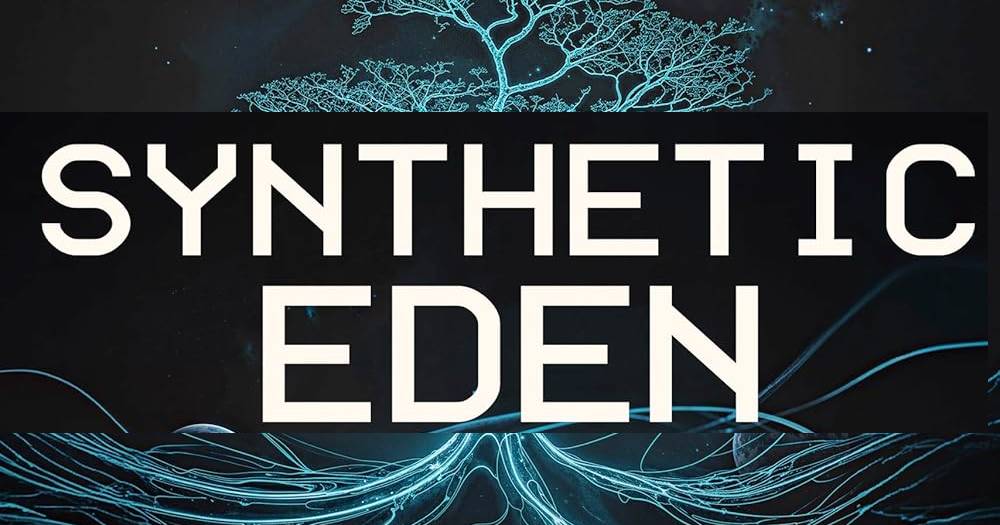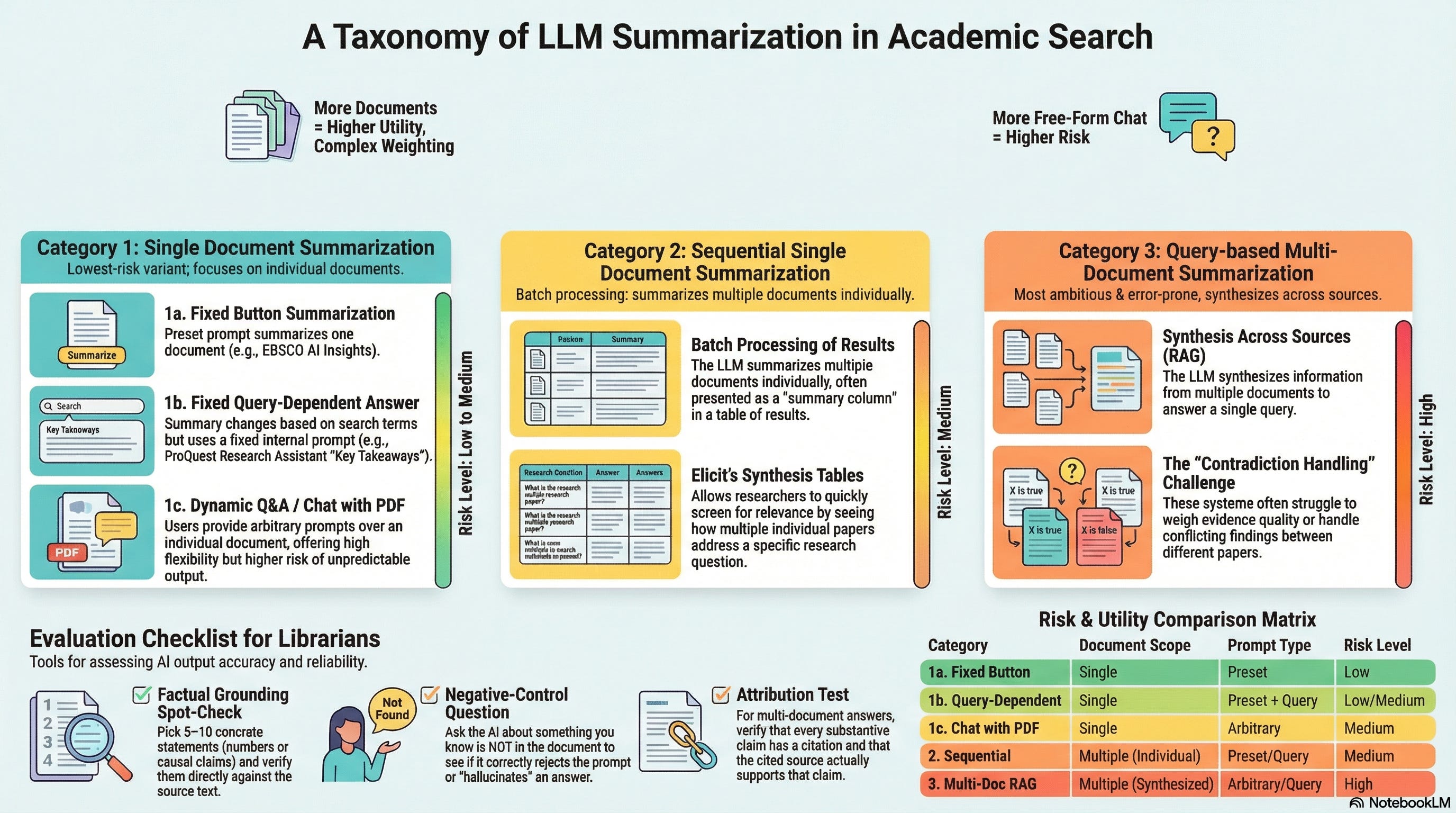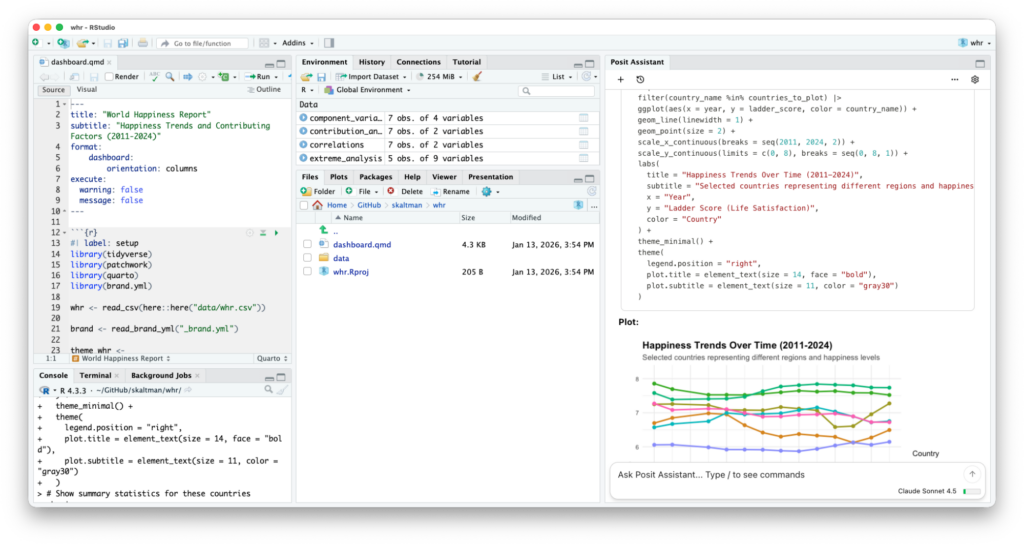En el marco del llamado abierto al Programa de Campeon(a|e)s de rOpenSci 2026 —cuarta cohorte global y segunda cohorte en español— realizamos una nueva edición de Conversaciones con la comunidad.En esta oportunidad, Yanina Bellini Saibene moderó un encuentro con Erik Navarro, Diana García y Luis Verde Arregoitia, quienes compartieron sus experiencias como campeon(a|e)s y mentor(a|e)s del programa, los aprendizajes obtenidos y las oportunidades
Postagens de Rogue Scholar

This morning, Kathleen Fitzpatrick drew my attention to a Mastodon post by Babette Knauer about plans for the University of Groningen to get away from Big Tech. The article itself is well worth a read, with ambitious approaches to digital independence. I had some not-very-original thoughts on it.

If you read Paired Ends because you care about how biology, technology, and society co-evolve, this story was written for you.

Understanding AI Summaries in EBSCO, ProQuest, and More
Your browser does not support the audio tag. Download: PDF | EPUB | MP3 | WATCH VIDEO When it comes to the exploitation of non-renewable resources, what’s up for debate is not if the rate of harvest will peak and decline, but when this peak will occur. Here, some recent history seems relevant. Back in the mid 2000s, peak-oil theorists stridently predicted that world oil production would soon peak.
The Data.gov team rolled out a beta-version of the next iteration of the Federal Data Catalog: https://catalog-beta.data.gov/. While there does not appear to be a new landing page as part of this release, there are notable changes to the look and feel of the catalog search page as well as to individual dataset pages (compare with https://catalog.data.gov). The beta-version is much more barebones.

Synthetic Eden is currently top 20 on Amazon's Genetic Engineering Sci-Fi list, so we're running a $0.00 deal to thank you. Join the experiment.

by Orysia Vira, Ukrainian Catholic University Street names are more than simple labels on a map ‒ they are historical documents that record the life of a city.

AIxBio, Claude's Constitution, UK AI+Science, exams with chatbots, R updates (Posit, R Data Scientist, R Weekly), reading what Adam Kucharski is reading, AI vs reality at Salesforce, papers+preprints.
Retractions of scholarly articles are a rare event, affecting only about 0.02-0.04% of articles in total (but yearly rates are going up dramatically). This means that data about retractions are not even close to being representative of the scholarly literature […] ↓ Read the rest of this entry...

read this article in English Im Januar 2026 startet das neue Konsortium „PKP Open Journal Systems Deutschland 2026–2028“. 14 Einrichtungen aus Deutschland haben gemeinsam ihre Unterstützung für das Public Knowledge Project (PKP) erklärt und sich für die nächsten drei Jahre zu Mitgliedsbeiträgen verpflichtet. Auf diese Weise tragen sie zur nachhaltigen und gemeinsamen Finanzierung relevanter Open-Access-Infrastruktur bei.